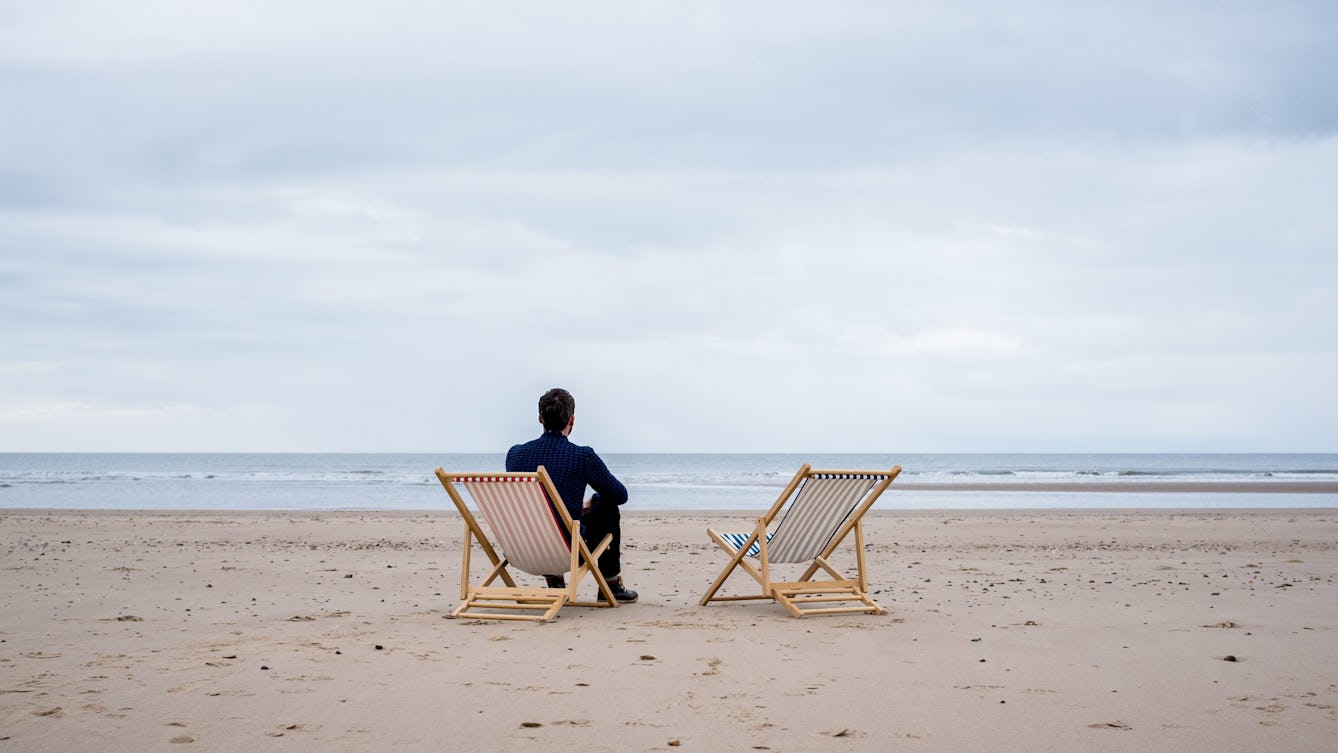
- Article
- Article
Robinson Crusoe and the morality of solitude
Robinson Crusoe, fiction’s most famous castaway, was certainly isolated, but did he suffer the intrinsically modern affliction of loneliness?

- Article
- Article
Leaving Mexico and finding refuge in hope
In Mexico, violence of all kinds – organised, street, domestic – is accepted as normal. From the UK, Laura Morales speaks out and fights to help those suffering back home.

- Article
- Article
Good animals, bad humans?
Could an animal be more evolved than a human? Victorian psychologists thought that in some cases the answer could be ‘yes’.
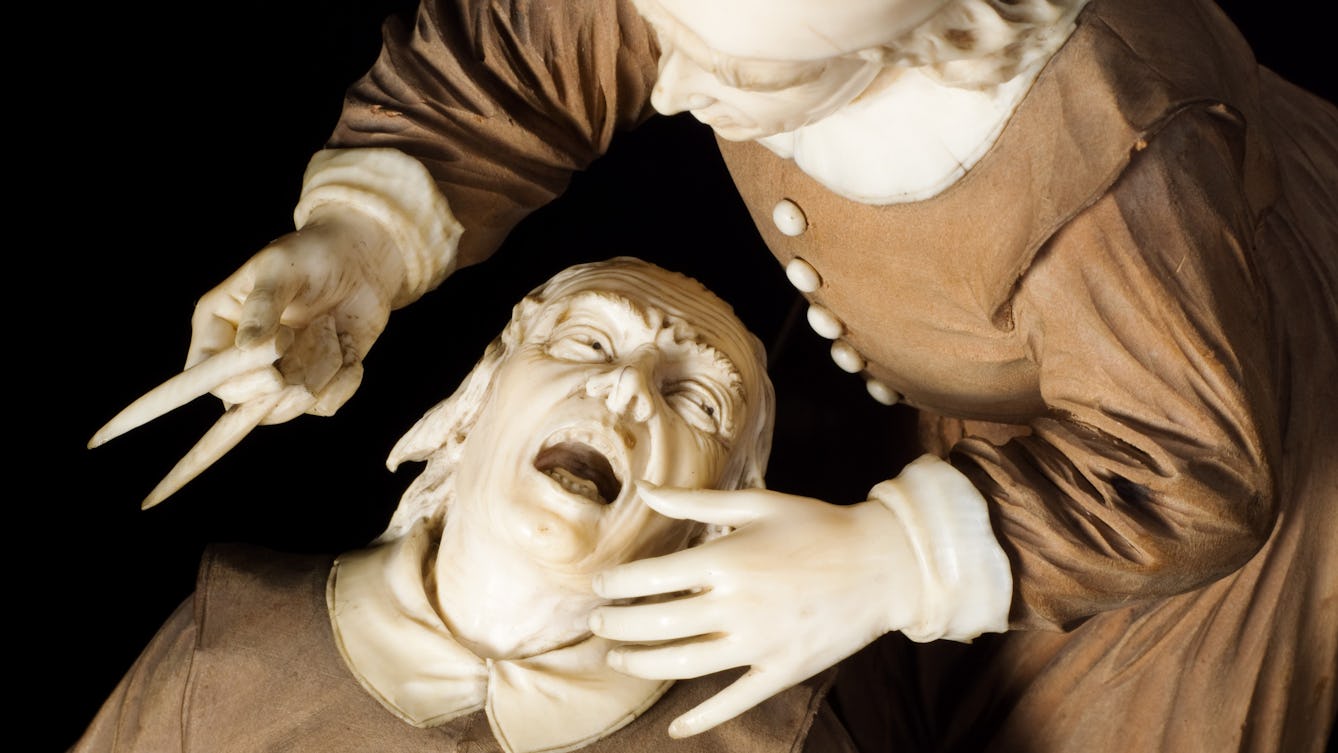
- Book extract
- Book extract
You know the drill
Richard Barnett opens wide the true meaning of a healthy mouth.
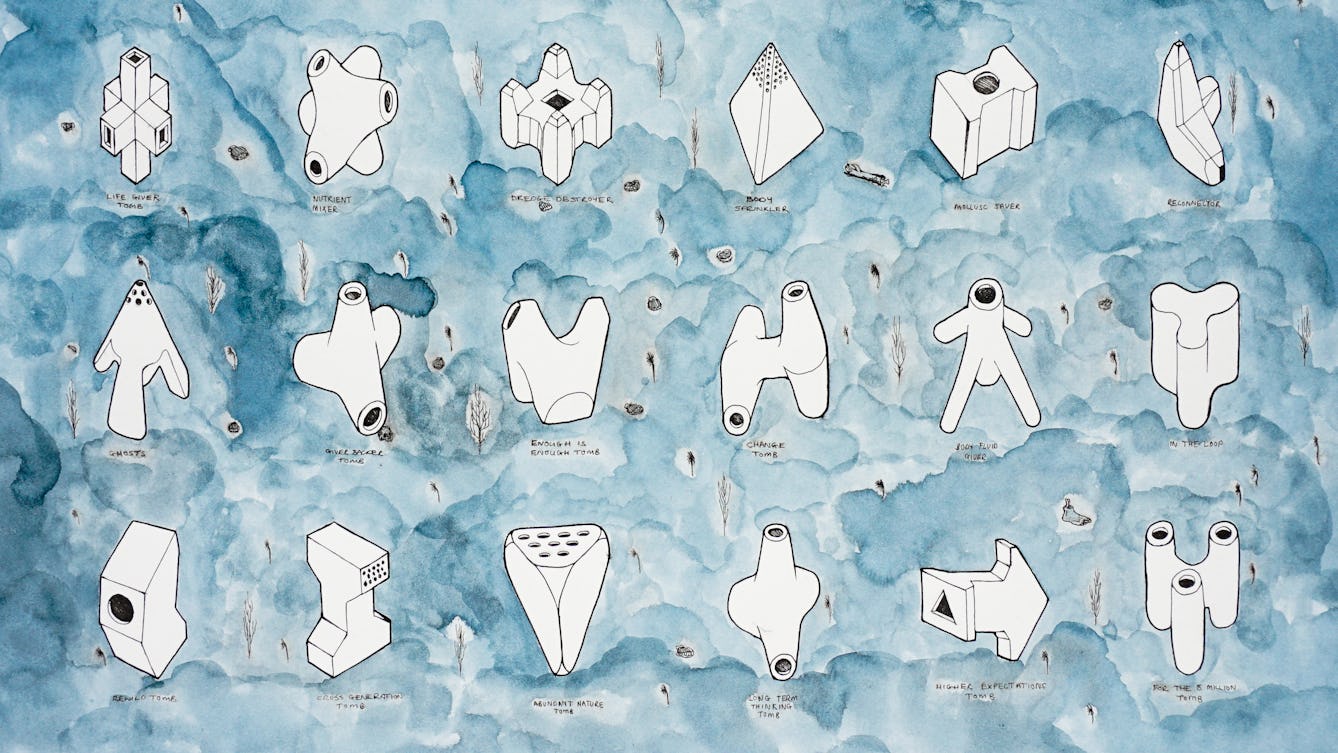
- Article
- Article
Dying to be in nature
The modern funeral business is one that uses up precious resources and pollutes the planet. But you can make sure it’s only your memory that leaves its mark with these new and natural ways to leave this earth.

- In pictures
- In pictures
The serious side of historical games
Some games carry a weighty message, from the earliest form of snakes and ladders that led to either heaven or hell, to chess pieces representing the dangerous manoeuvres of unsafe sex in the 80s.
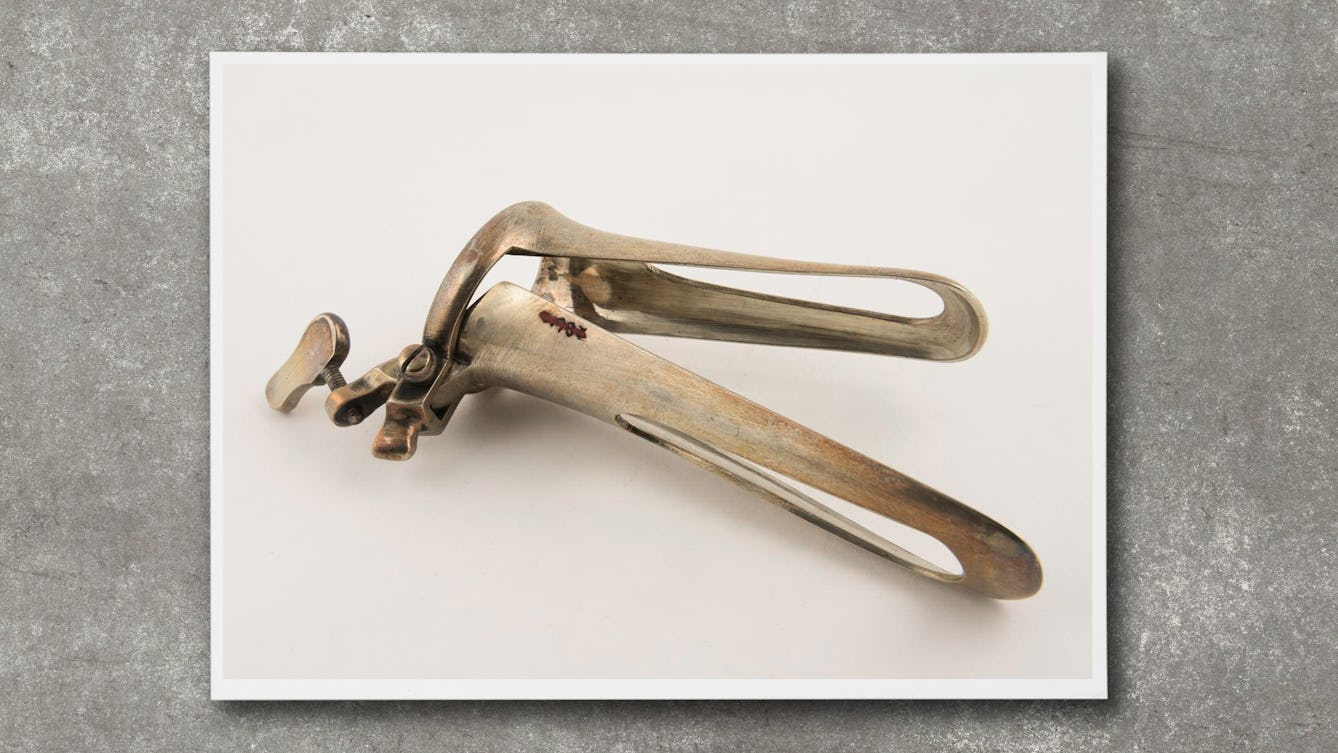
- In pictures
- In pictures
A nasty history of the vaginal speculum
The vaginal speculum carries the weight of generations of preconceptions about morality, blame and attitudes to pain. Lalita Kaplish explores the history of the implement and how societies shaped its use.
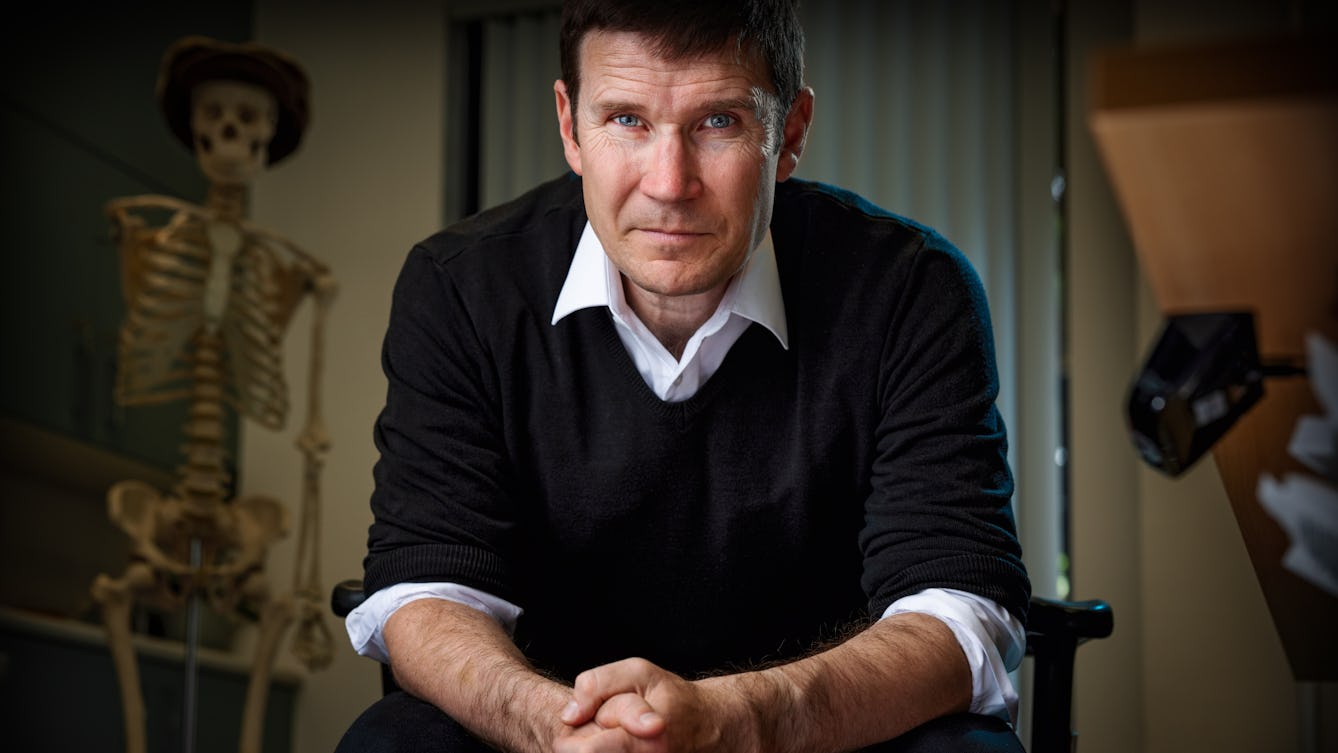
- Book extract
- Book extract
Why the NHS is worth saving
In this extract from his latest book, ‘Free For All’, Dr Gavin Francis poses challenging questions to be addressed if a health service that’s free for all at the point of use is to remain possible.
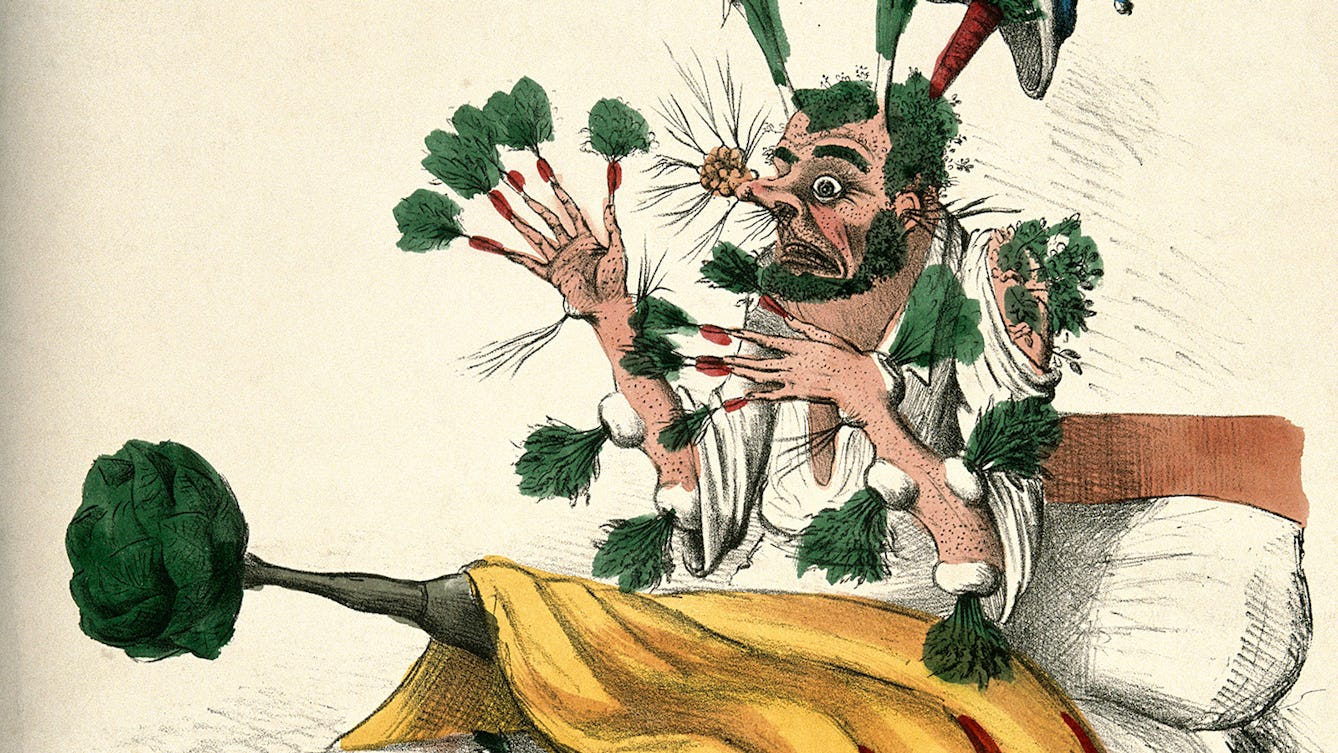
- Article
- Article
Graphic battles in pharmacy
James Morison’s campaign against the medical establishment inspired a wave of caricatures mocking his quack medicine.
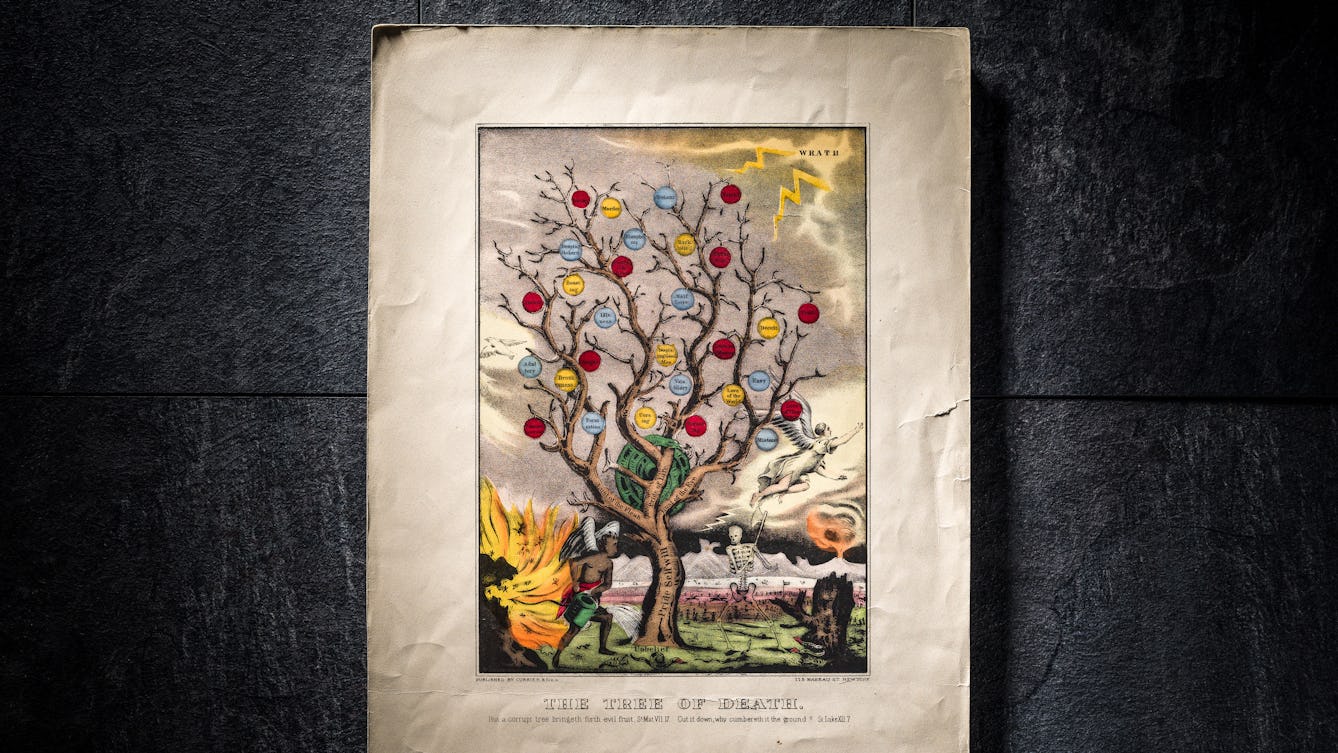
- Article
- Article
Why all of us are evil
Science proves that we’re all capable of evil: your secret fantasy about killing someone you hate is surprisingly normal. But the way to better moral choices is to fight emotional instinct.

- Article
- Article
Epidemic threats and racist legacies
Epidemiology is the systematic, data-driven study of health and disease in populations. But as historian Jacob Steere-Williams suggests, this most scientific of fields emerged in the 19th century imbued with a doctrine of Western imperialism – a legacy that continues to influence how we talk about disease.

- Book extract
- Book extract
A history of sex for sale
Kate Lister’s cultural history of the sex trade puts sex workers centre stage. In this extract, she argues why the way we write, think and talk about sex work matters.

- Article
- Article
Trading breastmilk with men
When Alev Scott advertised her milk for sale, she was inundated with messages from men keen to satisfy sexual fetishes. Here she finds out who they are, and why women sell to them.

- Article
- Article
It’s getting mighty crowded
Mid-20th-century population-density research on mice produced a whiskered apocalypse, predicted to become the fate of humans too. But perhaps a more compassionate approach could fend this off.
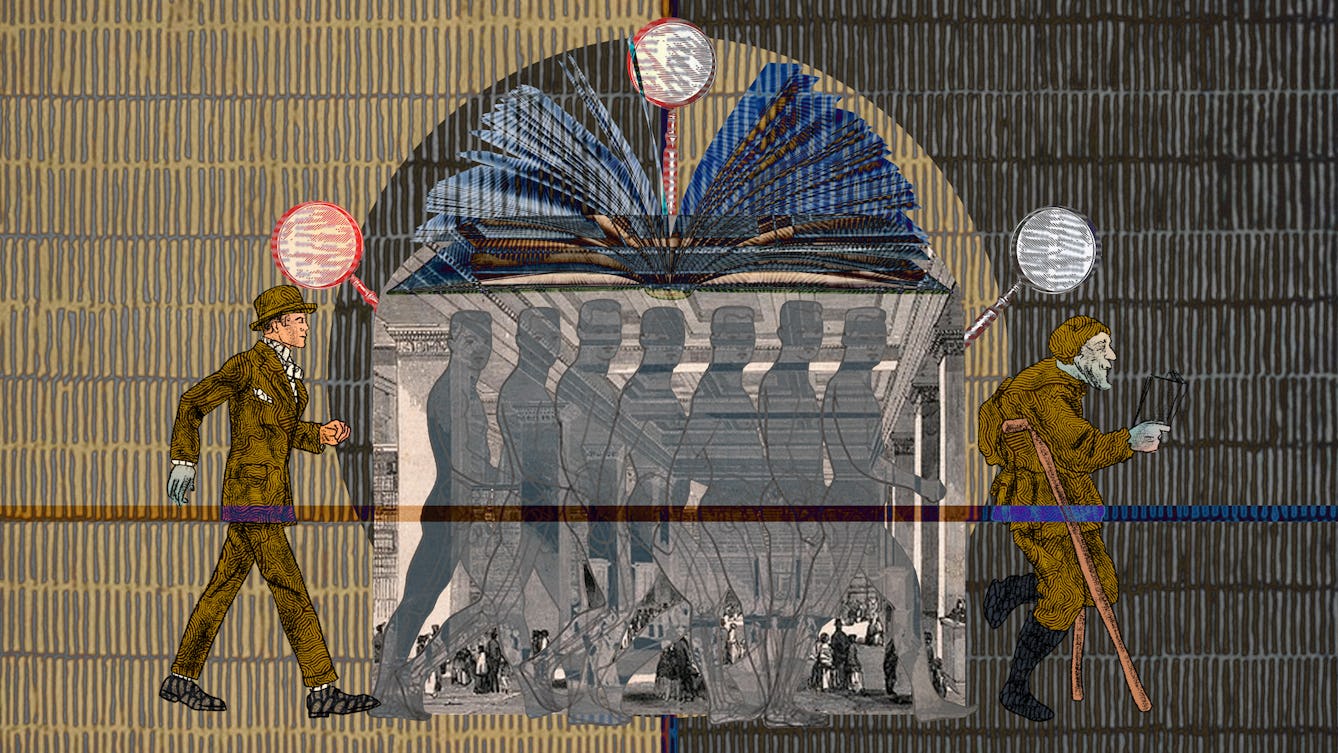
- Article
- Article
Between sickness and health
In early 2020, the subject Will Rees was studying – imaginary illnesses – took on a new relevance as everyone anxiously scanned themselves for Covid symptoms each day. But this kind of self-scrutiny is nothing new, as he reveals.

- Long read
- Long read
Rehab centres and the ‘cure’ for addiction
Guy Stagg takes us on a brief history of rehab centres and their approaches to addiction and recovery.
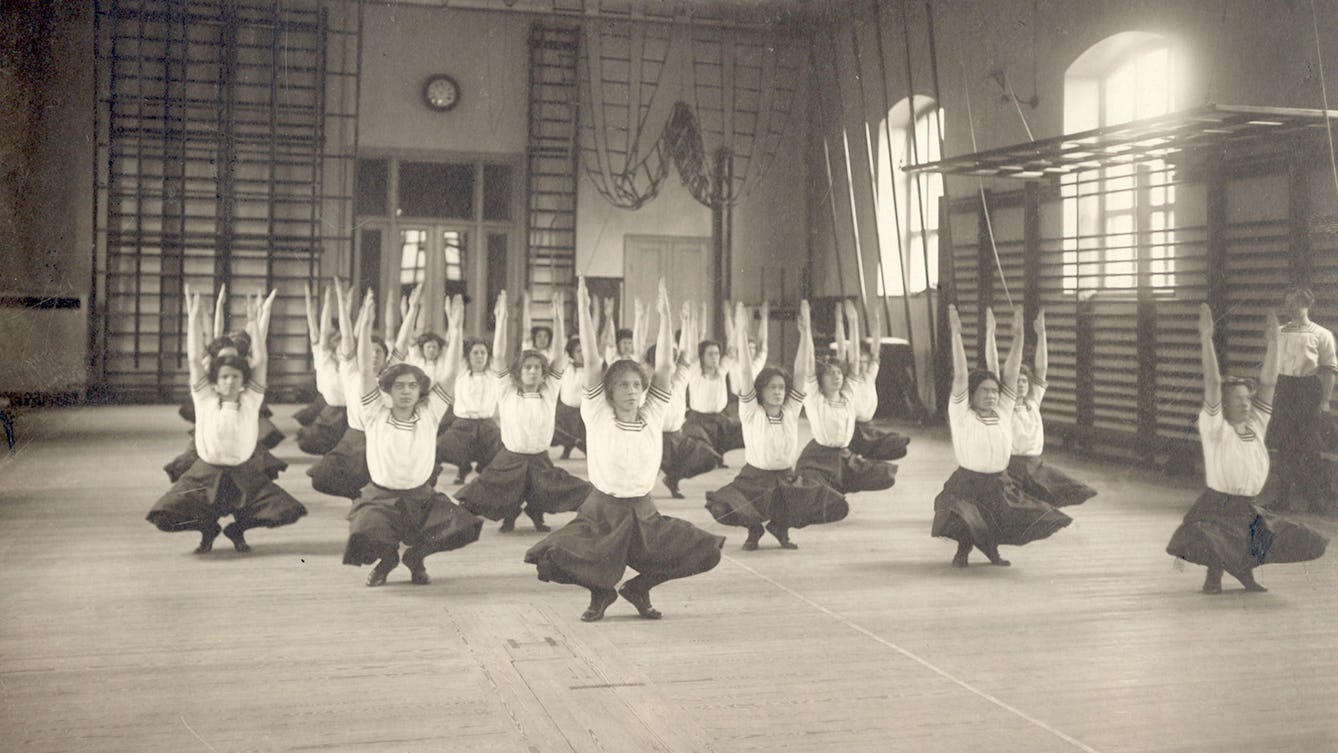
- Article
- Article
Yoga gets physical
Modern yoga owes a debt to the physical culture movement that created a world obsessed with health and fitness.

- Article
- Article
Coleridge’s hypochondria
An intense focus on his own bodily sensations led poet Samuel Taylor Coleridge to self-medicate with narcotics. But this fascination also put Coleridge ahead of the medical sensibilities of his day.

- Article
- Article
The work of wet-nursing
Many of us know that in the past, babies were sometimes nourished by wet-nurses. But, perhaps surprisingly, the practice continues today – and the milk recipients are not only babies.

- Article
- Article
Living with less for spiritual gain
Today, a minimalist lifestyle is trumpeted as a route to happiness. Find out what religious ascetics from history and modern proponents of the spartan-looking home can teach us.

- Article
- Article
Shame, condemnation and conscience
Where does shame comes from and what fuels it? Lucia Osborne-Crowley explores audience, gender and the difference between shame and guilt, asking if either can ever be useful.
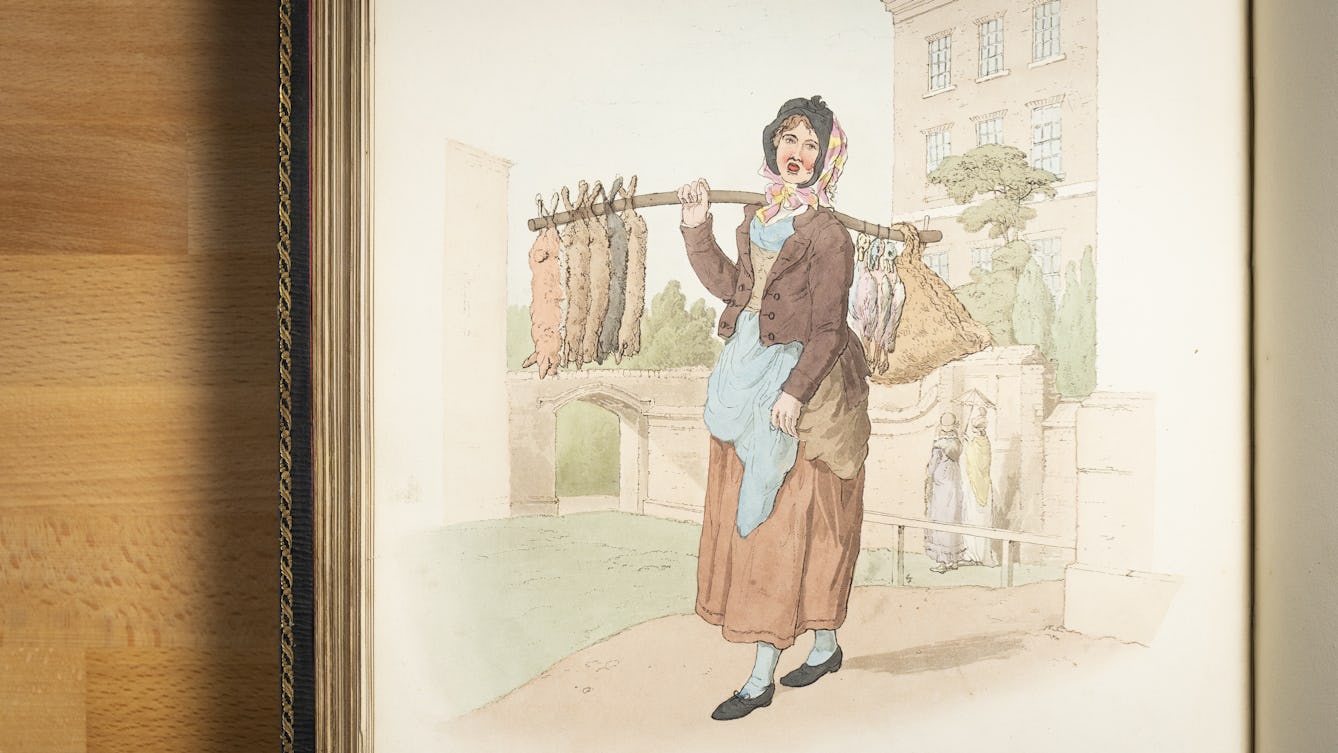
- Article
- Article
The girl with no name
When a now anonymous teenager sold her tooth for transplant, she couldn’t have predicted that she’d end up at the heart of a troubling story about 18th-century beauty ideals.

- Article
- Article
The prostitute whose pox inspired feminists
Fitzrovia, 1875. A woman recorded only as A.G. enters hospital and is diagnosed with syphilis.
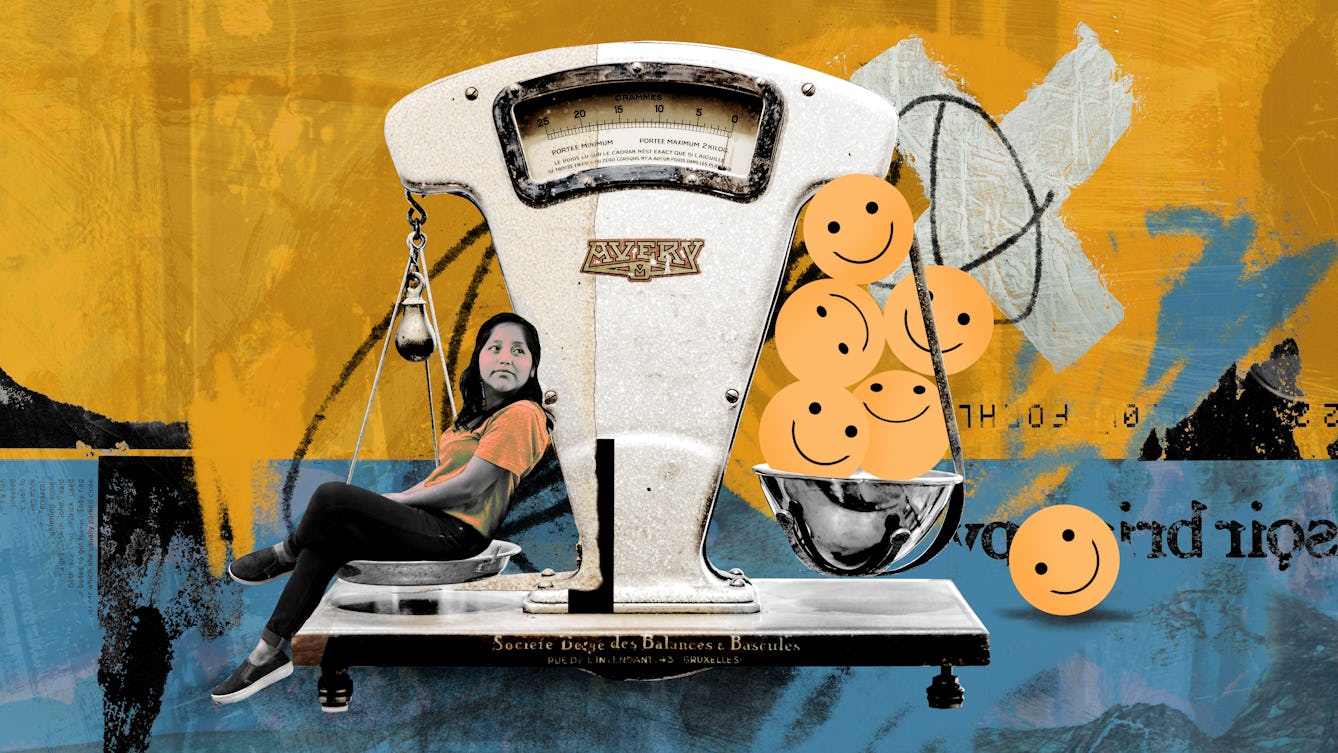
- Book extract
- Book extract
The meaning of happiness
What is happiness? Tiffany Watt Smith charts how its definition has changed over time, from chance emotion to something that can be measured and controlled.

- Article
- Article
The child whose town rejected vaccines
Gloucester, 1896. Ethel Cromwell is taken ill at the height of Britain’s last great smallpox epidemic.